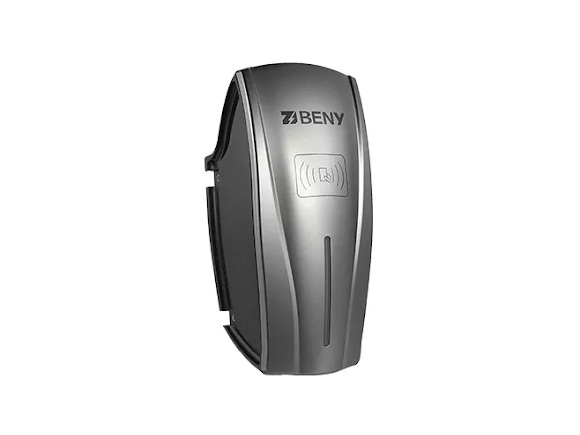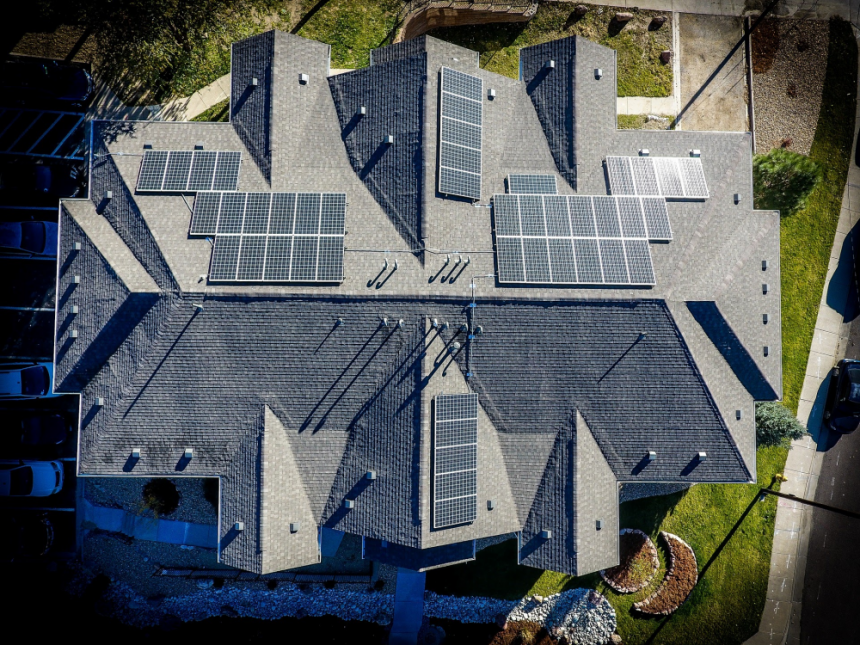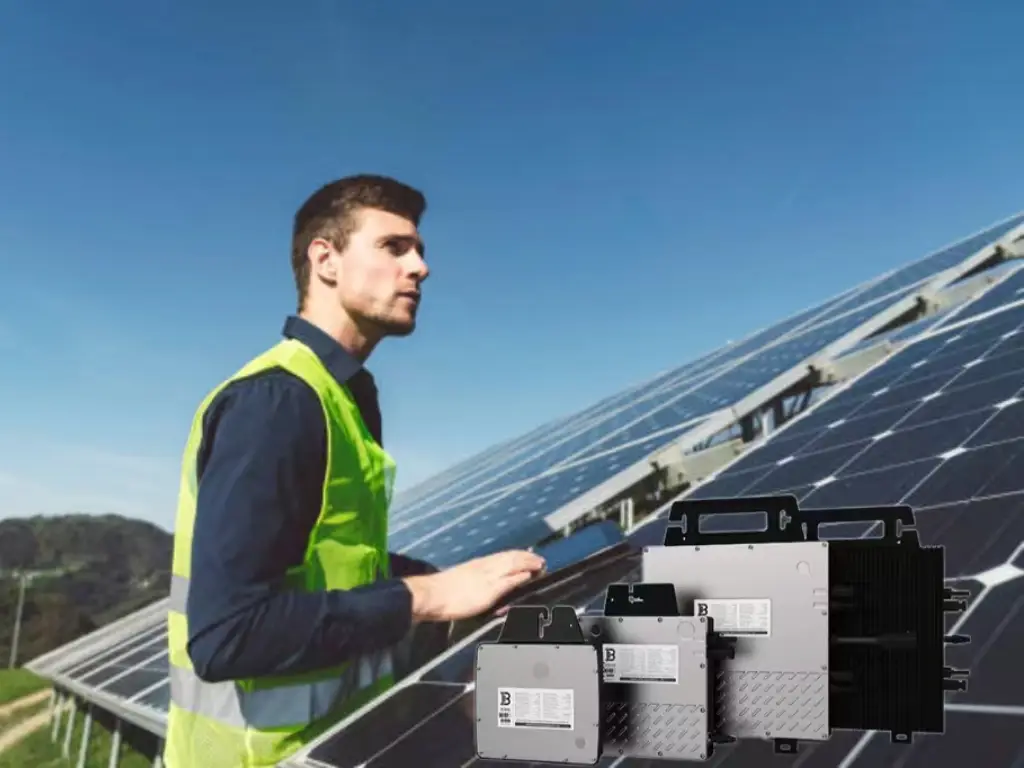The solar market is experiencing rapid growth and transformation as a part of the renewable energy revolution. By 2030, the market size of the global solar inverter is anticipated to stand at $17.9 billion.
In this article, we will discuss the details of the lifespan of different types of solar inverters, along with the major factors that significantly affect how long solar inverters last.

What Are Solar Inverters?
Solar inverters are vital parts of solar energy systems that transform the direct current (DC) electricity developed by solar panels into alternating current (AC) electricity convenient for use in residences, industries, and the electrical grid. There are various kinds of solar inverters, such as string inverters, microinverter models, central inverters, and hybrid solar inverters.
Read on to learn more about how long do inverters last.

How Long Do Solar Inverters Last?
It is estimated that the lifespan of many solar inverters lasts between 10 to 15 years. But, based on the type of solar inverter and several other factors, some solar inverters can last up to 25 years.

String Inverter
String inverters are the most common kind of solar inverters utilized in solar power systems. They operate by restoring the DC electricity developed by numerous solar panels attached in a series into AC electricity.
Coming to the working principle, the DC power from the solar panels is first transformed into AC power, and then the AC power is synchronized with the grid or utilized directly in the electrical system.
In terms of inverter lifespan, they are likely to last around 10 to 15 years. Nevertheless, with regular maintenance and monitoring, the string inverters can last up to 20 years or more.
Microinverter
Microinverters are an alternative to string inverters, but unlike string inverters, microinverters are established on each individual solar panel. They operate by altering the DC electricity created by each solar panel into AC electricity at the panel level.
This decentralized method authorizes for autonomous optimization and supervision of each solar panel, enhancing overall system performance.
In terms of lifespan, they normally retain a similar lifespan to string inverters, varying from 10 to 15 years.
Central Inverters
Central inverters, also called large or utility-scale inverters, are made for larger solar power installations, like commercial or utility-scale projects. They are accountable for transforming the DC electricity developed by the solar panels into AC electricity on a larger scale.
The solar inverter lifespan can vary from 10 to 15 years based on the manufacturer, quality of components, and operating conditions.
Hybrid Solar Inverters
Hybrid solar inverters are made to operate with both solar power and energy storage systems. They allow for the integration of solar panels with batteries, allowing the storage of excess energy yielded by the solar panels for later use.
Coming to the lifespan of hybrid solar inverters, is similar to that of string inverters, varying from 10 to 15 years. Nevertheless, the lifespan of batteries utilized in conjunction with hybrid inverters may differ based on the battery technology and maintenance practices.
Here is a table summarizing the estimated lifespan of each type of solar inverter:
| Inverter Type | Lifespan |
| String Inverter | 10 to 15 years |
| Microinverter | 15 to 25 years |
| Central Inverter | 10 to 15 years |
| Hybrid Inverter | 10 to 15 years (lifespan varies for batteries) |
What Factors Affect The Lifespan Of Solar Inverters
Wondering if any factors affect how long does a solar inverter last? Understanding these factors is vital for retaining the longevity of inverters in solar power systems.
- Temperature Inside Solar Inverters
High temperatures can have a detrimental impact on solar inverter components. Excessive heat can speed up the aging procedure of electronic parts, resulting in enhanced wear and possible failure.
Solar inverters must have decent ventilation and cooling systems in order to solve temperature-related problems and lengthen the inverter lifespan.
- The Extent Of Maintenance And Cleaning Was Performed
Dust, dirt, and residue can build up on the inverter’s parts, which will hinder its performance and result in overheating. Proper inspections, cleaning, instant repairs, and quick technical support can deter possible problems and assure optimal functioning.
- Installation Position Of Solar Inverters
The installation position of inverters can awfully affect their lifespan. Inverters that are installed in locations exposed to direct sunlight, harsh weather conditions, or high humidity are likely to experience speed-up wear.
Installing solar inverters in a well-ventilated, shaded area and conserving them from environmental conditions can expand their lifespan.
- Input Voltage And Current Of Solar Inverters
Operating within the specified voltage and current limits suggested by the manufacturer is crucial for inverter longevity. Utilizing outside of these ranges can weaken the inverter’s parts, resulting in premature failure.
Guaranteeing decent electrical design, including proper wire sizing and preventing overloading, is vital to maintain optimal performance and enhancing the lifespan of solar inverters.
BENY: An Solar Inverter That Satisfies You
BENY is a renowned manufacturer of high-quality solar system accessories, offering a range of innovative products and services. One of BENY’s standout products is its Microinverter. Our microinverter boasts several notable features:
- A 25-Year Warranty
BENY offers a 25-year warranty for our microinverters, highlighting the confidence we have in the product’s reliability and longevity. This warranty offers peace of mind to customers, assuring them of BENY’s commitment to quality and durability.
- Communicate Through The Remote Monitoring System
BENY’s microinverters allow for seamless communication through a remote monitoring system. This feature allows users to monitor the performance of their solar energy system in real time, accessing data on energy production, individual panel performance, and system diagnostics.
- Ultra-High Output & Ultra-High Efficiency
BENY’s microinverters are known for their exceptional output and efficiency. With advanced technology and design, they deliver high conversion rates, maximizing the electricity generated by each solar panel.
Conclusion
To conclude how long does an inverter last depends on the type of solar inverter, operating temperature, installation area, routine maintenance, etc. Though there are many solar inverter manufacturers, it is best to choose BENY for ordering good-quality, robust, and safe solar inverters.
With low MOQ and affordable rates, reach out to BENY today to get a quote and experience the benefits of our exceptional solar products for your solar energy requirements.
Recent Blog
- Everything You Need to Know Before Installing Solar Panels on Flat Roofs
- Exploring Different EV Charging Station Business Models: Which One Fits Your Venture?
- Explore Major Benefits You Can Experience with Beny 600W Balcony Solar Kit
- Comprehensive Review: The Best Solar Power Inverters for Energy Efficiency











